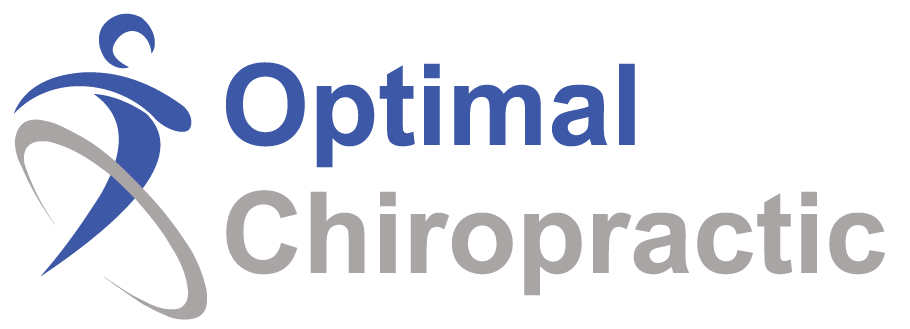It is estimated that 240 million Americans use over-the-counter (OTC) pain killers for their aches and pains. Every year Americans spend roughly $102 billion dollars on these presumably safe drugs. OTC pain killers are recommended for everyday aches and pains, headaches, reducing the risk of heart disease and stroke, and reducing inflammation. When taking a drug or supplement, people should always question its safety and efficiency. As with all drugs, there are side effects, and no drug is harmless. If you frequently use OTC painkillers there are some things you need to know.Common OTC painkillers are Tylenol, Motrin, Aspirin, Aleve, and Ibuprofen to name a few. OTC painkillers are responsible for more than 100,000 hospitalizations, and more than 16,000 deaths annually.Tylenol (Acetaminophen) is used as a pain reliever and also to reduce fever. It is responsible for more than 50,000 Emergency Room visits per year. The problem with Tylenol, is that it can cause damage to the liver, kidneys, and brain over time. It has the highest rate of “staggered overdose” which simply is the "if two must work well, 3 must work better" mentality. However, 3 may be considered an overdose. Over time this can cause problems, and liver damage can occur before a single symptom of overdose is detected.Non-Steroidal Anti-Inflammatory Drugs (NSAIDS) like Advil, Aleve, and Ibuprofen are most commonly used to reduce inflammation. Inflammation occurs when there is an injury to the body such as a joint sprain. Long term use of NSAIDS can cause a variety of problems such as gastric (stomach) bleeding, which can be severe and even fatal. It can also cause cardiovascular problems by raising high blood pressure, and may cause kidney failure which is irreversible.Aspirin is most suggested for heart health. Everyone has heard the myth that a baby aspirin a day reduces your risk of heart attack and stroke. Recent research by the FDA has actually found exactly the opposite. Aspirin also increases risk of gastro-intestinal bleeding as it is an NSAID by nature. Scientific research has also shown that 90% of cases diagnosed with Reye’s syndrome were caused by aspirin.Recent research published by the FDA admits that NSAIDS and Aspirin can actually increase the risk for heart attack and stroke by up to 50% with high dose prescriptions. Over-the-counter NSAIDS increase risk by 10%, and low dose prescriptions increase risk by 20%. This is a huge increase to the associated risk the FDA found in 2005. Researchers said they are unsure which drugs are more dangerous, and every one of them should be taken with caution.In the next blog, we will discuss natural supplements that are just as effective as these common OTC drugs. The advantage of taking natural supplements is that you don’t have the same side effects associated with medications. Remember, every drug that has been recalled by the FDA, was once found to be SAFE and EFFECTIVE by the FDA.Contact the doctors at Optimal Chiropractic in Post Falls if you have any questions or concerns, or would like to know more about natural and safe alternatives to your health.
